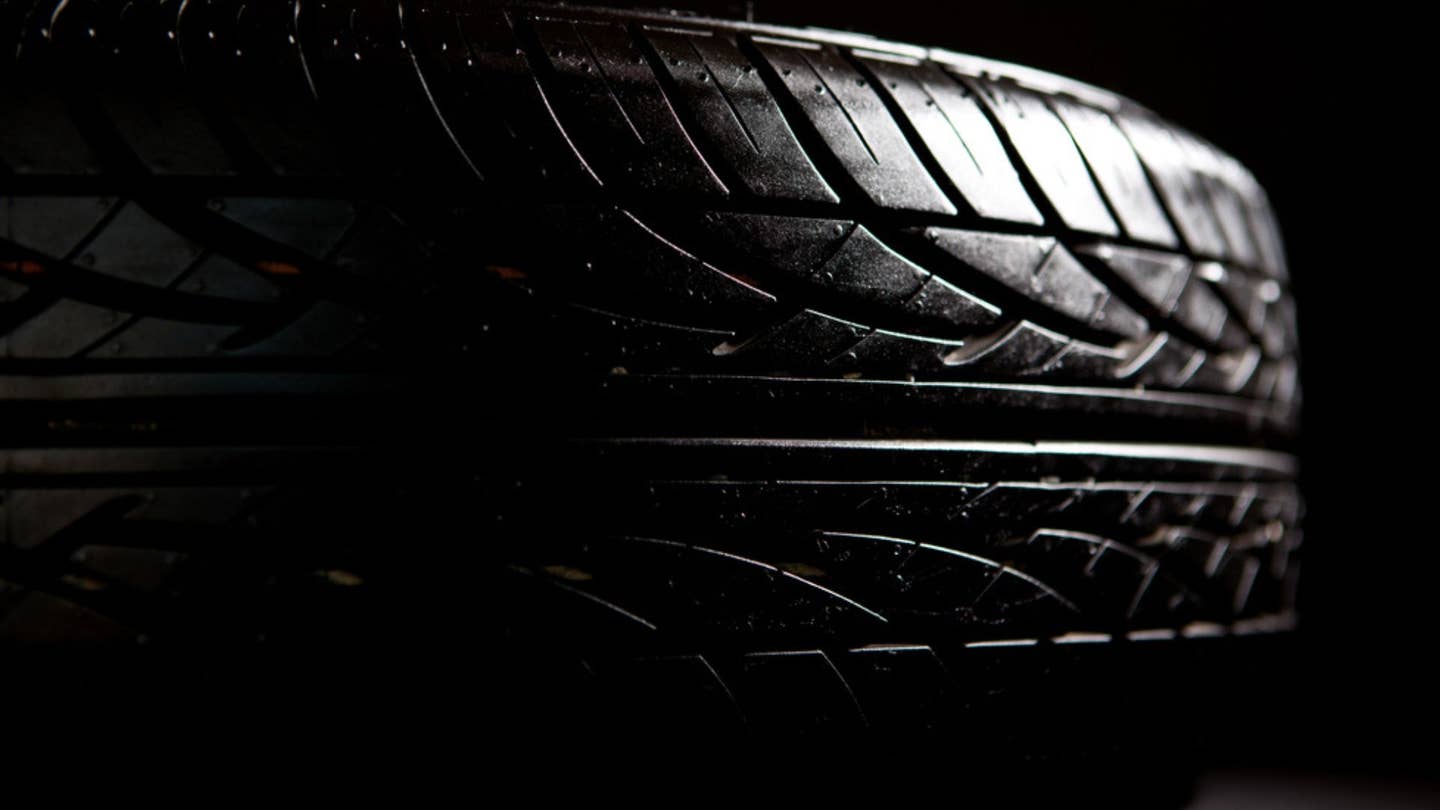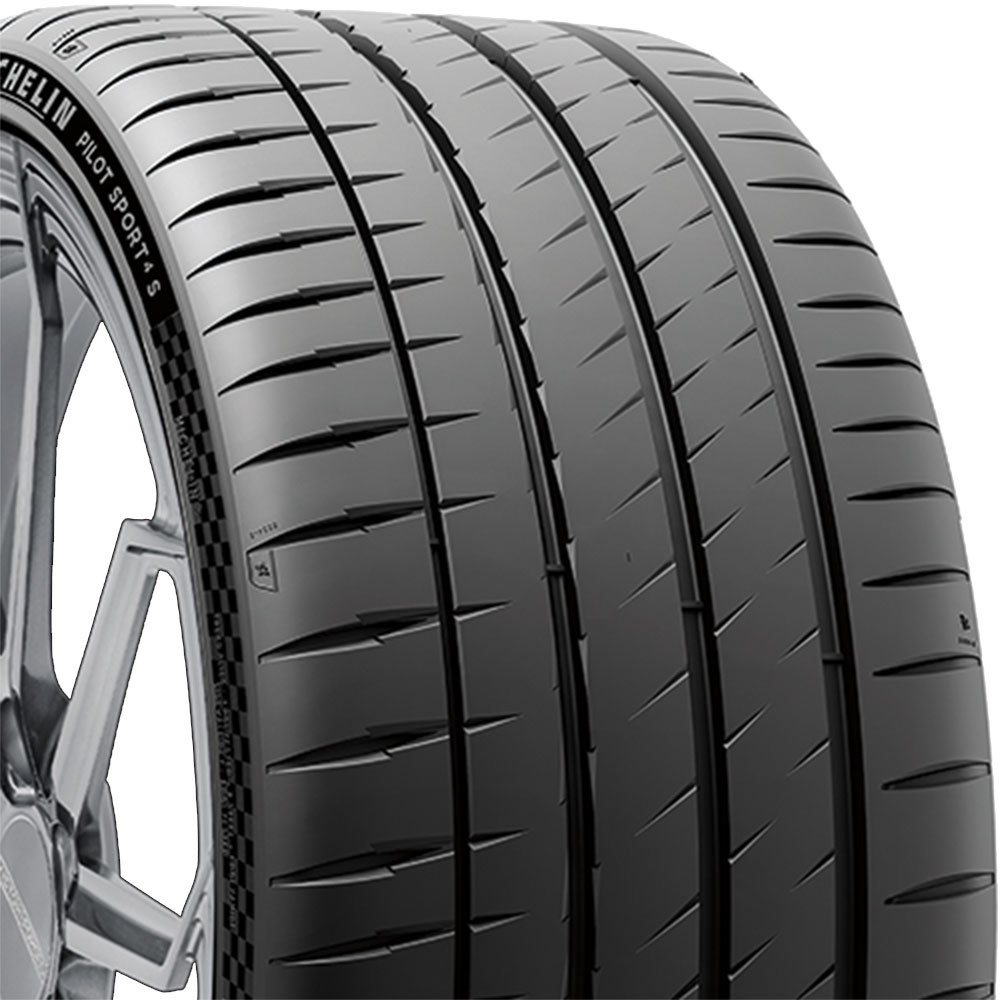Best Summer Tires: Your Responsive Warm-Weather Must-Have
When temperatures heat up, your car needs a set of these top summer tires.

We may earn revenue from the products available on this page and participate in affiliate programs. Learn more ›
The days are longer, the weather is warmer, and it’s time to upgrade your car’s tires. While all-season tires have their place in some climates, summer days in most instances mean you need to swap out your cooler-weather tires or all-season set for a set that’s built for hotter road surfaces. Built with a particular rubber compound that’s more suitable in hot weather, summer tires can make your vehicle more responsive, better at braking, and great at handling across the board. And they’re even helpful when summer rain storms happen. If you want to equip your car with the best gear possible, you’ve got to discover the perks of driving with a set of summer tires. Discover why switching is worthwhile, and how you can identify the best summer tires available for your car.

Michelin Pilot Sport 4S
- Dynamic Response Technology
- 10 percent better tread life
- Deep rim protectors prevent wheel damage
- Somewhat limited warranty
Toyo Tire Proxes Sport
- Rapid steering response
- Dynamic Taper Design for increased stability
- Open shoulders for improved grip
- Best for sports cars
- Limited 25,000-mile warranty
Bridgestone Potenza S007
- Asymmetric tread, wide outside shoulders
- Stable at high speeds
- Reinforced with steel belts and spiral-wrapped nylon
- Less grippy than competitors’ tires
- Not the most responsive
Summary List
- Best Overall: Michelin Pilot Sport 4S
- Best Value: Toyo Tire Proxes Sport
- Honorable Mention: Bridgestone Potenza S007
- Best Grip: Continental Extreme Contact Sport
- Best Rigid: Nitto NT555 G2
Our Methodology
I chose the best summer tires by seeking out the newest seasonal tires from the best names in the field. These tires include well-known, highly reputable brands like Michelin and Bridgestone, which have demonstrated reliability and on-road performance in their tire lineups. To determine which tires offered the best in durability, performance, and warm weather responsiveness or handling, I specifically looked for tires rated for summer weather, with added perks like shallow tread and solid water evacuation to prevent hydroplaning and slipping in wet weather. All of these tires also came highly rated and well-reviewed from users online.
Best Summer Tires: Reviews & Recommendations
Specs
- Tread Depth: 9 to 10 in
- Speed Rating: Y (up to 186 mph)
- Tire Weight: 19 to 36 lbs
Pros
- Dynamic Response Technology for adaptive steering
- 10 percent better treadlife than previous models
- Deep rim protectors prevent wheel damage
- Lightweight
Cons
- Only warrantied for 30,000 miles
Specs
- Tread Depth: 9 to 10 in
- Speed Rating: W or Y (up to 186 mph)
- Tire Weight: 18 to 41 lbs Pros
Pros
- Rapid steering response on dry and wet roads
- Dynamic Taper Design for increased stability
- Two-ply sidewall with two steel belts
- Open shoulders for improved grip
Cons
- Best for sports cars
- Limited 25,000-mile warranty
Specs
- Tread Depth: 8 to 10 in
- Speed Rating: W or Y (up to 186 mph)
- Tire Weight: 23 to 32 lbs
Pros
- Asymmetric tread with wide outside shoulders
- Notched ribs for enhanced steering
- Stable at high speeds and in sports performance settings
- Reinforced with twin steel belts and spiral-wrapped nylon
Cons
- Not the grippiest tires
- Not the most responsive
Specs
- Tread Depth: 10 in
- Speed Rating: W or Y (up to 186 mph)
- Tire Weight: 17 to 36 lbs
Pros
- Maximum grip for cornering and braking
- Increased shoulder stiffness
- Responsive in wet and dry conditions
- Optimized tread pattern and contact footprint
Cons
- Will slide in cold weather conditions
Specs
- Tread Depth: 9 to 11 in
- Speed Rating: W (up to 168 mph)
- Tire Weight: 23 to 37 lbs
Pros
- Wide twin center ribs for extra stability
- Large, tapered tread blocks for increased dry traction
- 4 wide circumferential grooves evacuate water
- Silica-enhanced, high-stiff tread compound
Cons
- Can generate road noise
Specs
- Tread Depth: 9 in
- Speed Rating: H or Y (Up to 186 mph)
- Tire Weight: 19 to 36 lbs
Pros
- Abrasion-resistant tire compound
- Optimized road contact patches for even heat and pressure
- Run-flat tire
- Precision manufactured for less noise and vibration
Cons
- Weak wet traction
- Not the strongest at cornering
Our Verdict on the Best Summer Tires
As one of the best performance tires available right now, the Michelin Pilot Sport 4S can’t be beat as a summer tire. It’s responsive yet stable, grippy yet durable in hot temperatures, and able to prevent hydroplaning and slipping in rainy weather. If you’re looking for an affordable alternative, the Toyo Tire Proxes Sport is another performance-focused tire that fits within budgets and offers long-term value.
Things to Consider Before Buying Summer Tires
If you’ve ever wondered what makes summer tires different from alternate options, like high-performance tires or all-season tires, here’s what you need to know. These key details can help you find the best summer tires for your car and your region’s summer road conditions.
How Summer Tires Differ From Other Types
While all-season tires might get a lot of attention because they’re built for year-round versatility, winter and summer tires have their place on the road, too. And if you’re unsure what makes summer tires different from the available alternatives, here’s what makes these more specifically suited for warm weather – or even the heat of the warmest months of the year.
Summer tires are performance tires, built for maximum handling and responsiveness on dry roads. They’re also designed to increase your car’s grip on dry roads, providing the right rubber compound for hot days and road surfaces. Typically, summer tires feature a wide, continuous center channel for stability, plus parallel shallow grooves to evacuate water and prevent hydroplaning when wet weather strikes. At the outermost edge of these tires, you’ll find a larger contact area for increased grip while cornering and turning. Summer tires also feel more responsive while you drive.
Summer tires, overall, are the stickiest choice. Their rubber is built for temperatures over 40 degrees Fahrenheit, and their sticky nature makes them grippy on warm days. But if you use these tires in cooler weather, their rubber can harden and become slick and prone to skids.
In comparison, winter tires – which are specifically built for snow, ice, and slush – have stiffer rubber compounds and thicker, deeper tread to keep grip even when road contact is limited. And all-season tires blend the features of both summer and winter tires into one, but they’re really a moderate pick; they aren’t meant for extreme heat or extreme cold.
Key Features of Summer Tires
Shallower, Straighter Tread
Tread is also a critical consideration when you’re picking out tires, and this is true for summer tires, too. However, while you might want deep tread grooves and sturdy, thick tread blocks on winter tires, you want the opposite in warm weather. Look for shallower, straighter tread patterns as you’re picking out summer tires. Shallower, straighter tread will put more of the tires’ rubber in contact with the road for the grip you need in hot or wet conditions.
Speed Rating
To make sure you’re picking out a true summer tire, look at the speed rating. Summer tires (along with ultra-high-performance tires, a different kind of summer tire) come in three speed ratings: ZR-, W-, and Y-speed ratings. You should also make sure that the tires you’re considering do not have an M&S label on their sidewalls. That’s a Mud & Snow designation, which helps identify winter tires as well as all-season tires that offer a different rubber compound and tread type for tougher weather conditions.
Wet Traction
While you likely don’t think about wet weather when you’re shopping for summer tires, you should. One of the key hallmarks of summer tires is their strong performance on wet roads; they’re built for summer thunderstorms and surprise showers. So, you’ll want to make sure you choose summer tires with design features that help you keep grip in wet conditions and prevent hydroplaning; check tire product descriptions to determine how they’ll handle slick roads.
Summer Tires Pricing
Summer tires are available at a wide variety of price points. You can find budget options priced between $100 and $200 per tire, for a total of $400 to $800 for a complete set. Within this price range, you’ll find both budget picks and mid-range tires that offer great performance and longevity. If you’re looking for top-tier or more premium performance tires, you can expect to spend about $225 to $275 per summer tire.
FAQs
You’ve got questions. The Drive has answers.
Q: Do summer tires make a difference?
A: Putting summer tires on your car can absolutely make a difference. With specialized dry weather tread patterns and different rubber compounds than all-season or winter tires, summer tires improve your precision on the road. They can also increase your car’s responsiveness, cornering, and braking.
Q: How long should summer tires last?
A: Summer tires do have a shorter lifespan than other varieties. On average, you can expect a set of summer tires to last you anywhere from 20,000 to 40,000 miles.
Q: Are summer tires good on the highway?
A: As performance tires, these seasonal picks are definitely great on the highway. The increased responsiveness of summer tires lends well to higher speeds, and the increased braking can also be beneficial for highway driving.
Q: What temperature is too cold for summer tires?
A: It’s safe to ride on summer tires when the temperature hits 45 degrees Fahrenheit or higher. Anything below 45 degrees is too cold.
Why Trust Us
Our reviews are driven by a combination of hands-on testing, expert input, “wisdom of the crowd” assessments from actual buyers, and our own expertise. We always aim to offer genuine, accurate guides to help you find the best picks.
Learn more